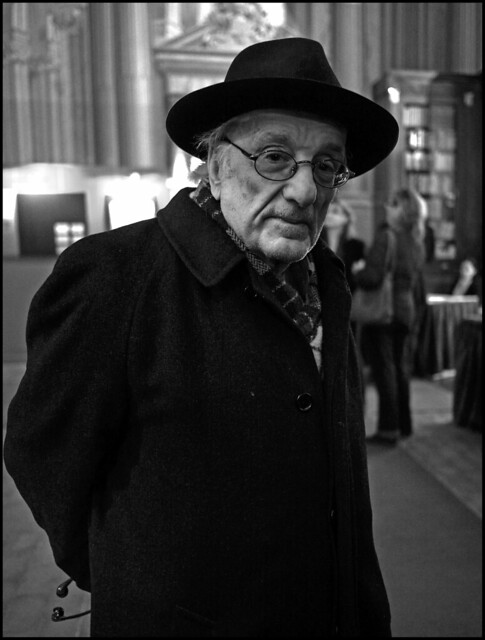(Nah ist
Und schwer zu fassen der Gott. - H.)
TENEBRAE
Nah sind wir, Herr,
nahe und greifbar.
Gegriffen schon, Herr,
ineinander verkrallt, als wär
der Leib eines jeden ovn uns
dein Leib, Herr.
Bete, Herr,
bete zu uns,
wir sind nah.
Windschief gingen wir hin,
gingen wir hin, uns zu bücken
nah Mulde und Maar.
Zur Tränke gingenwir, Herr.
Es war Blut, es war,
was du vergossen, Herr.
Es glänzte.
Es warf uns dein Bild in die Augen, Herr.
Augen und Mund stehn so offen und leer, Herr.
Wir haben getrunken, Herr.
Das Blut und das Bild, das im Blut war, Herr.
Bete, Herr.
Wir sind nah.
Paul Celan


